45 dharma devata vedic astrology
psychologicallyastrology.compsychologically astrology – Experience and thus Transcend Oct 18, 2022 · Experience and thus Transcend. In Sanatan Dharma everyone is a spiritual aspirant and the last 1/4 th of the lifespan is called the Sanyasashram, ie is dedicated to the Self. . And this Sanyasashram can realised in the real sense only if you have been taking care of your physical body and your mind throughout your life, ie keeping yourself as Satvik as possib › ishta-devata-calculatorIshta Devata Calculator: How to Know Your Chosen Deity The knowledge about one's Ishta Devata can easily be discovered through the Atmakaraka in Navamsa in our birth charts. The Atmakaraka is the planet with the highest degree in our kundli. The Navamsa, on the other hand, is the ninth division in our birth chart, that signifies Dharma and thereby is also known as the Dharma-amsa.
To prepare Kundali / Jatakam / Vedic Birthchart please click here mypanchang astrology. For more detailed list of festivals please click here. For Kundali / Jatakam click here mypanchang astrology . 2019 Panchangam 2018 Panchangam 2017 Panchangam 2016 Panchangam 2015 Panchangam 2014 Panchangam 2013 Panchangam 2012 Panchangam 2011 Panchangam ...

Dharma devata vedic astrology
en.wikipedia.org › wiki › BuddhismBuddhism - Wikipedia The term "Buddhism" is an occidental neologism, commonly (and "rather roughly" according to Donald S. Lopez Jr.) used as a translation for the Dharma of the Buddha, fójiào in Chinese, bukkyō in Japanese, nang pa sangs rgyas pa'i chos in Tibetan, buddhadharma in Sanskrit, buddhaśāsana in Pali. en.wikipedia.org › wiki › Exaltation_(astrology)Exaltation (astrology) - Wikipedia In astrology, exaltation is one of the five essential dignities of a planet. The exaltation is a place of awareness for the planet, whereas the fall is a position of weakness concerning the function of the planet. The sign position directly opposite a planet's sign of exaltation is considered to be its fall. en.wikipedia.org › wiki › SuryaSurya - Wikipedia Surya (/ ˈ s uː r j ə /; Sanskrit: सूर्य, IAST: Sūrya) is the sun as well as the solar deity in Hinduism. He is traditionally one of the major five deities in the Smarta tradition, all of whom are considered as equivalent deities in the Panchayatana puja and a means to realise Brahman.
Dharma devata vedic astrology. › NaksatraTithiYogaInfoMuhurta selection for marriage, griha pravesh, joining new ... This 10th Tithi is ruled by Dharma. It is a Poorna Tithi and good for completing any work. Good for acts of virtue, religious functions, spiritual practices, and other pious activities, entering a home, to start important businesses, wedding, wearing jewels, journeys, activities, related to transportation, vehicles, houses and meeting important ... en.wikipedia.org › wiki › SuryaSurya - Wikipedia Surya (/ ˈ s uː r j ə /; Sanskrit: सूर्य, IAST: Sūrya) is the sun as well as the solar deity in Hinduism. He is traditionally one of the major five deities in the Smarta tradition, all of whom are considered as equivalent deities in the Panchayatana puja and a means to realise Brahman. en.wikipedia.org › wiki › Exaltation_(astrology)Exaltation (astrology) - Wikipedia In astrology, exaltation is one of the five essential dignities of a planet. The exaltation is a place of awareness for the planet, whereas the fall is a position of weakness concerning the function of the planet. The sign position directly opposite a planet's sign of exaltation is considered to be its fall. en.wikipedia.org › wiki › BuddhismBuddhism - Wikipedia The term "Buddhism" is an occidental neologism, commonly (and "rather roughly" according to Donald S. Lopez Jr.) used as a translation for the Dharma of the Buddha, fójiào in Chinese, bukkyō in Japanese, nang pa sangs rgyas pa'i chos in Tibetan, buddhadharma in Sanskrit, buddhaśāsana in Pali.
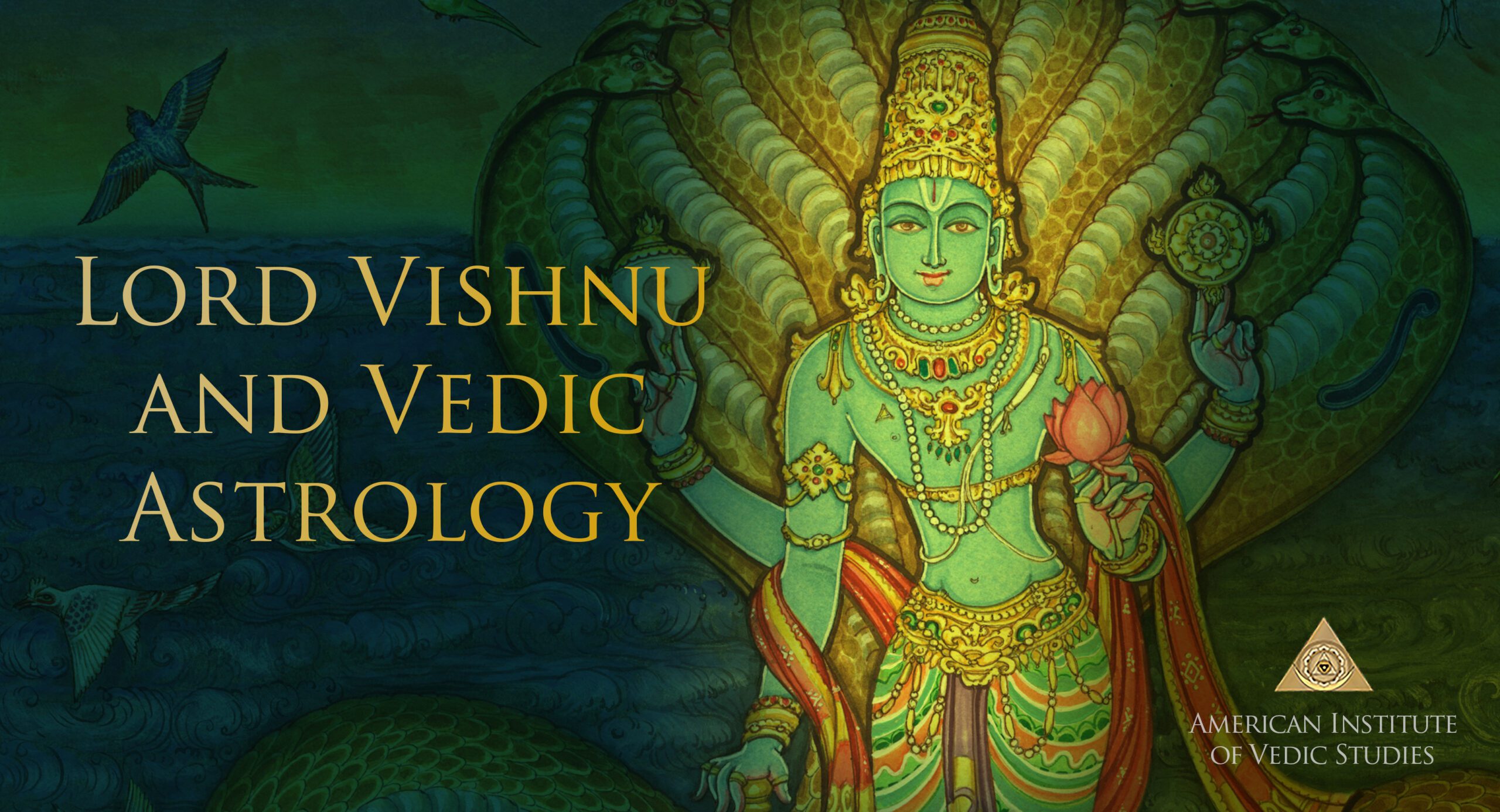



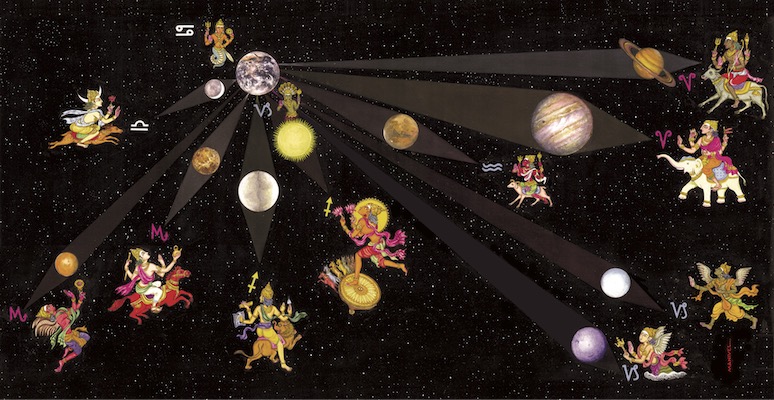

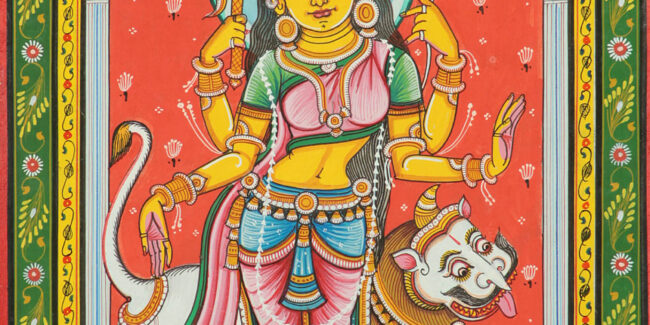
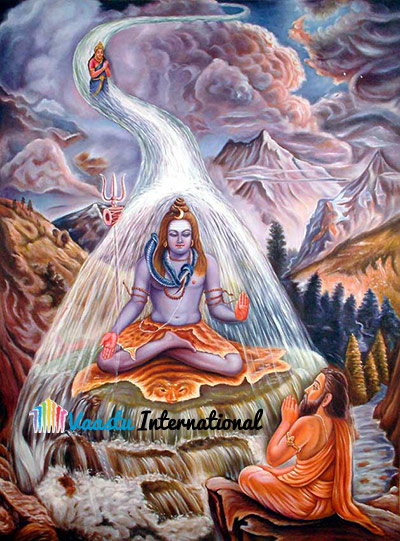


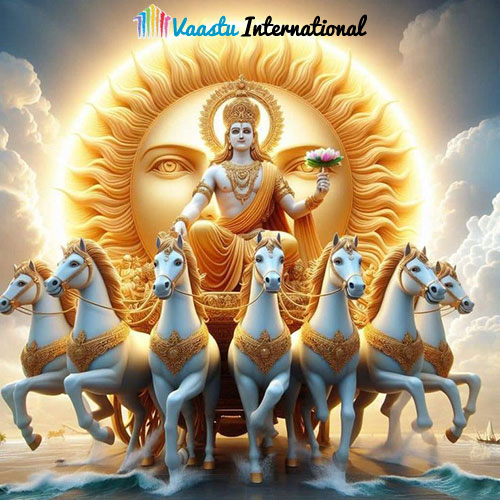

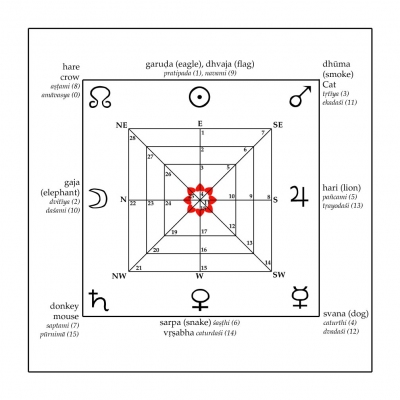

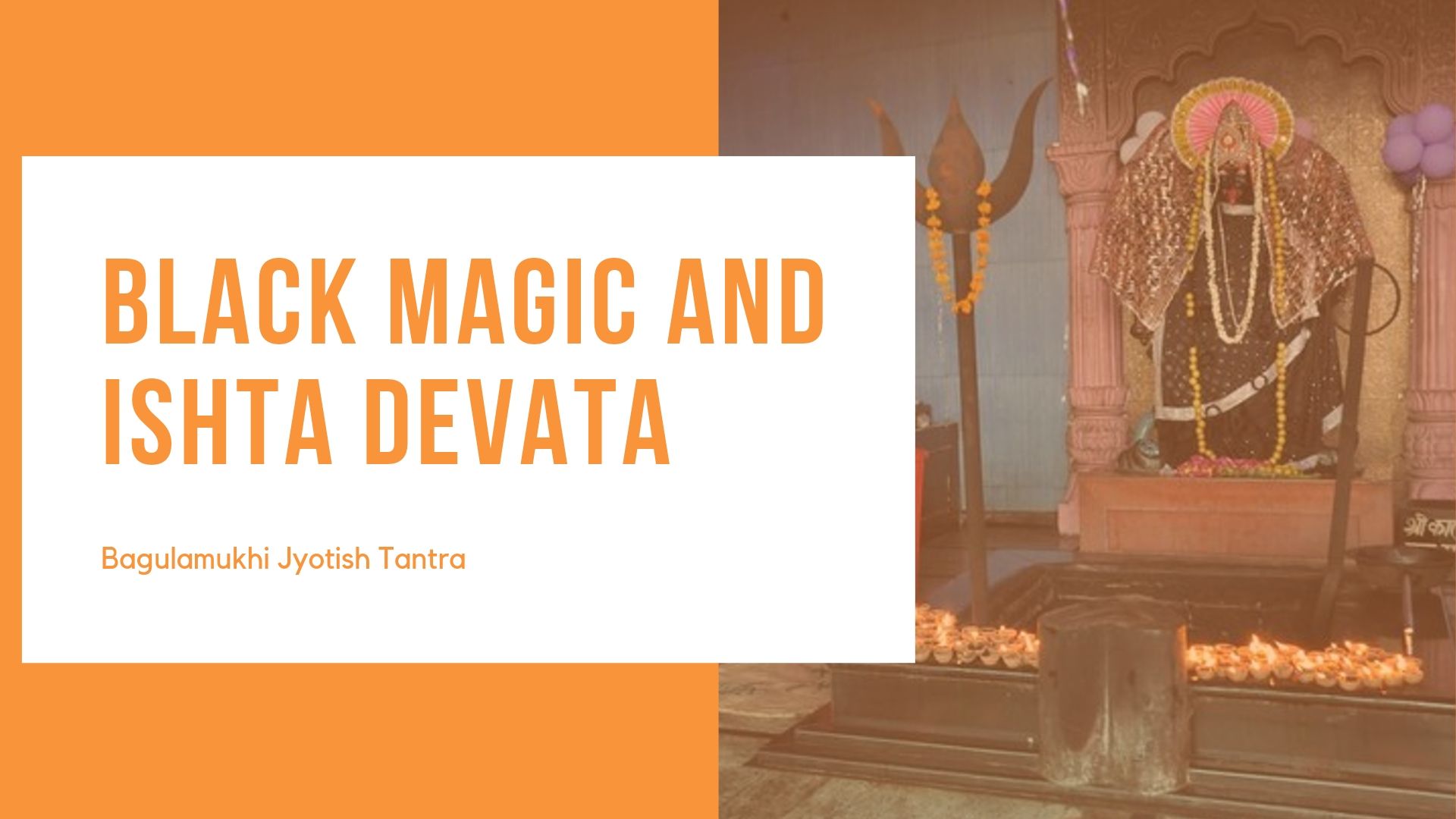
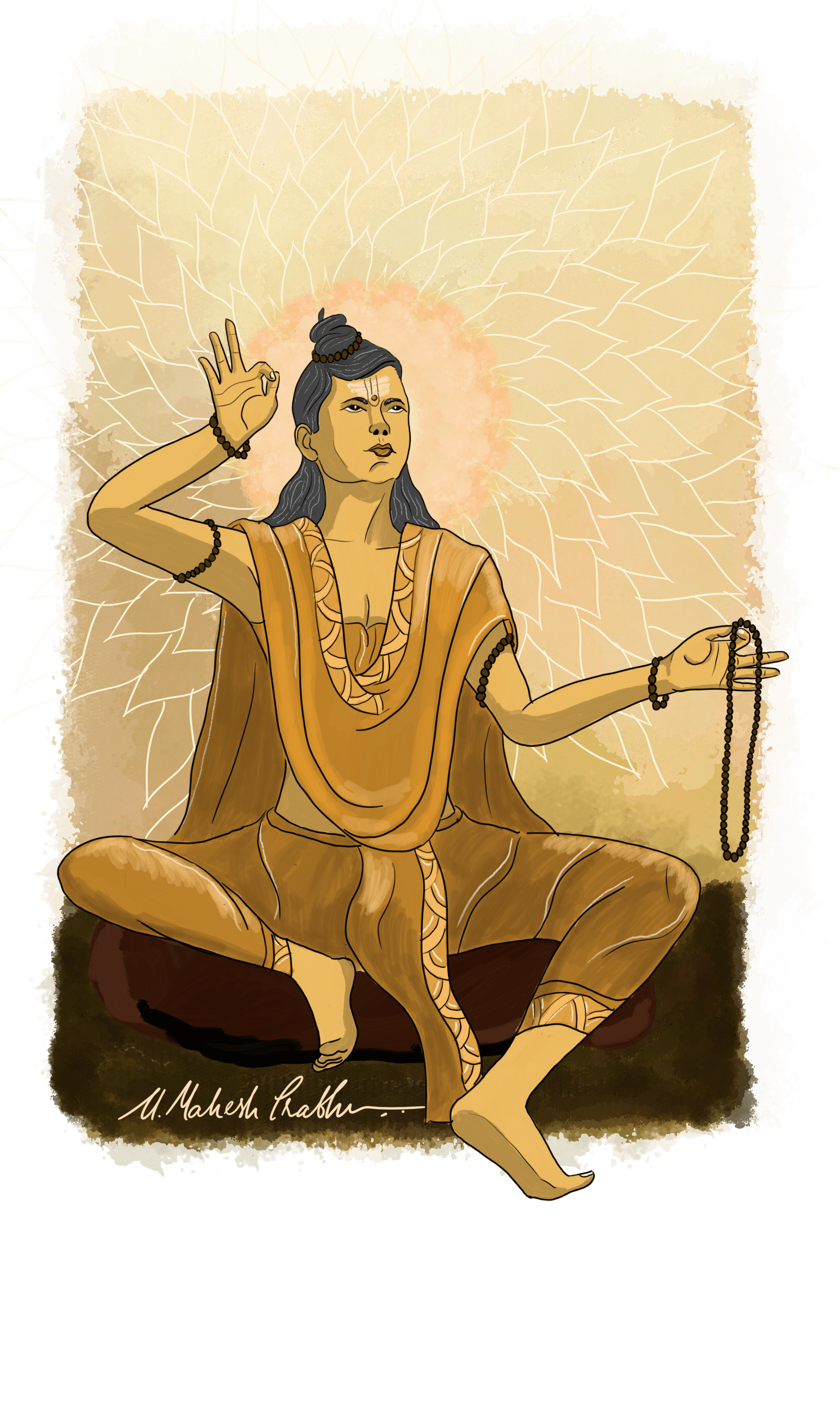

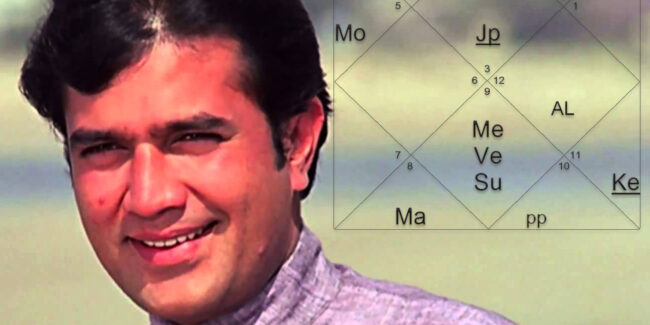
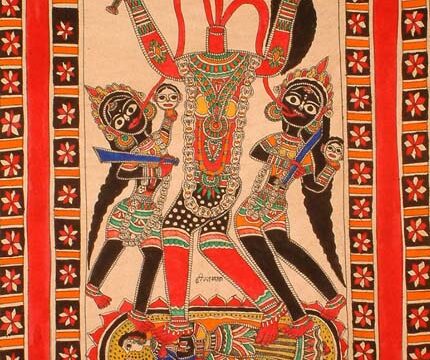





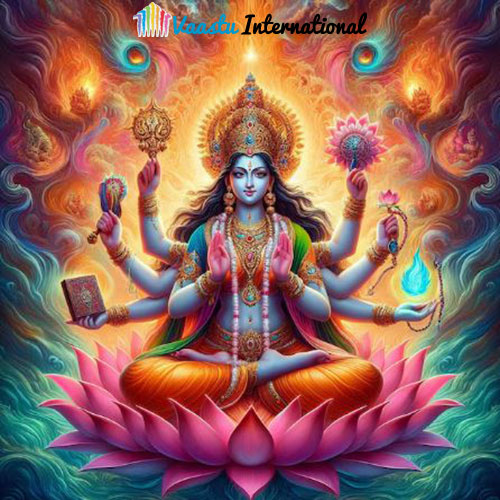










0 Response to "45 dharma devata vedic astrology"
Post a Comment